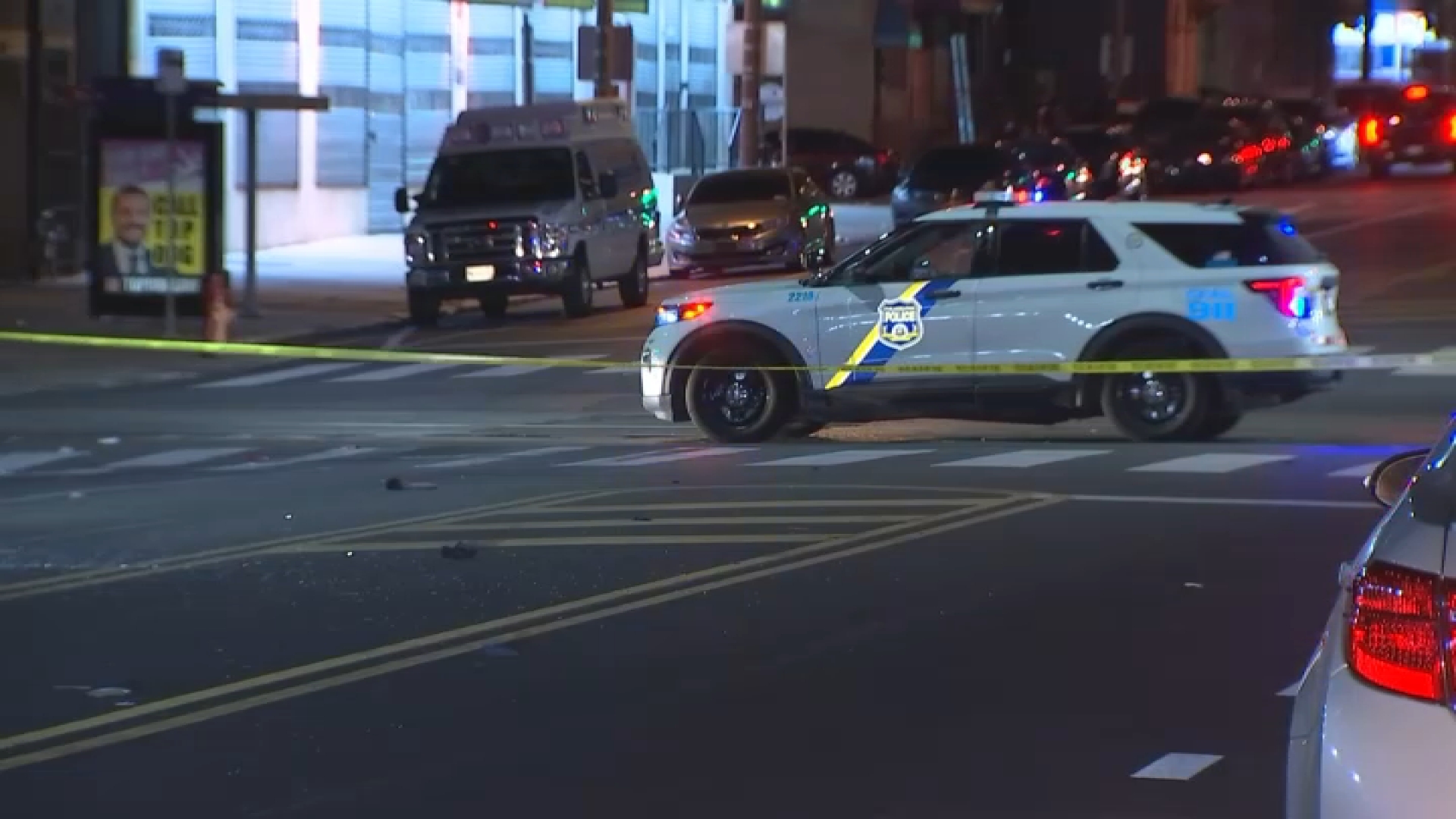A bail hearing has been set Monday for a Roman Catholic church official after his child-endangerment conviction was overturned.
Monsignor William Lynn won't be at the hearing in Philadelphia. He remains in custody at a state prison in northeast Pennsylvania after serving 18 months of his three- to six-year term for child endangerment.
The three-judge state Superior Court panel on Thursday unanimously rejected arguments that Lynn, the first U.S. church official ever charged or convicted for the handling of clergy-abuse complaints, was legally responsible for an abused boy's welfare. Defense lawyers have argued that Lynn, 62, was convicted under a law passed years after he left his post at the Archdiocese of Philadelphia.
"It was fundamentally unfair from the day it started," defense lawyer Thomas Bergstrom said. "He's been in prison 18 months for a crime he didn't commit and couldn't commit under the law. It's incredible what happened to this man."
Defense lawyers hoped for his immediate release from prison, but the appeals court sent the bail issue back to the trial court.
Lynn's bail petition now goes to Common Pleas Judge M. Teresa Sarmina, who presided at the trial last year and sentenced him. She repeatedly denied defense efforts to have the case dropped before trial.
"He's entitled to bail. He's entitled to a hearing. If the judge grants bail, fine. If the judge doesn't grant bail, we'll go back to Superior Court and ask them to," Bergstrom said.
Local
Breaking news and the stories that matter to your neighborhood.
Philadelphia District Attorney Seth Williams opposes the bail and hopes to restore Lynn's conviction through his own appeal of Thursday's ruling.
"Because we will be appealing, the conviction still stands for now, and the defendant cannot be lawfully released until the end of the process," District Attorney Seth Williams said in a statement.
"I think the District Attorney loses sight of the fact that the impact of this decision is that he is no longer convicted as a result of the superior court's decision, and you can't lose sight of that fact," Bergstrom said.
Prosecutors had argued at trial that Lynn reassigned known predators to new parishes in Philadelphia while he was the archdiocese's secretary for clergy from 1992 to 2004. Lynn's conviction stems from the case of one priest, Edward Avery, found to have abused a child in 1998 after such a transfer.
"We know thousands of betrayed Catholics and wounded victims will be disheartened by this news," said David Clohessy, director of the Survivors Network of those Abused by Priests.
Lynn's attorneys contend that the state's child-endangerment law at the time applied only to parents and caregivers.
Sarmina concluded that Lynn perhaps drafted a 1994 list of accused priests to try to address the clergy abuse problem. But when Cardinal Anthony Bevilacqua had the list destroyed, Lynn chose to remain and keep quiet, she said. Sarmina, in sentencing Lynn in July 2012, had said the church administrator had "enabled monsters in clerical garb ... to destroy the souls of children," rather than stand up to his bishop.
Lynn told the judge: "I did not intend any harm to come to (the boy). The fact is, my best was not good enough to stop that harm."
Lynn's supporters believe he was made a scapegoat for the church's sins, including two cardinals who were never charged. Bergstrom said his client hopes to return to ministry, and has enjoyed support of the current Philadelphia archbishop, Charles J. Chaput, who twice visited him in prison.
Lynn had left the archdiocesan hierarchy for parish work after he featured prominently in a damning 2005 grand jury report into the priest-abuse scandal. Then-District Attorney Lynne Abraham concluded that too much time had passed to charge anyone.
Williams, her successor, revisited the issue when new accusers came forward under new laws that extended the time limits and added church or school supervisors to those who could be charged.



